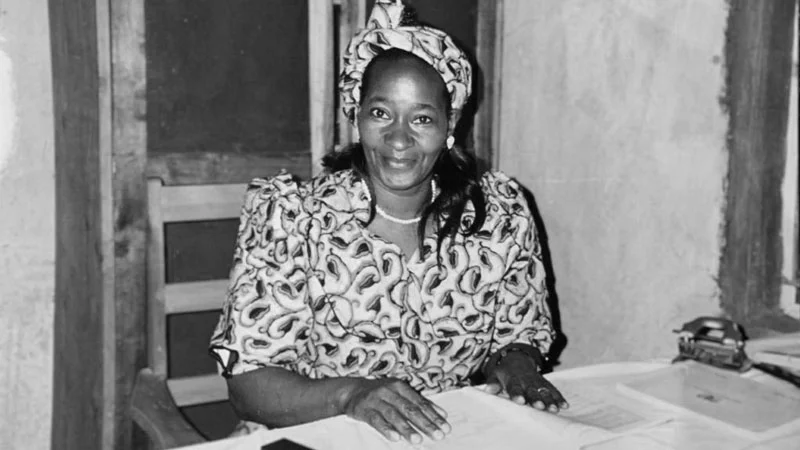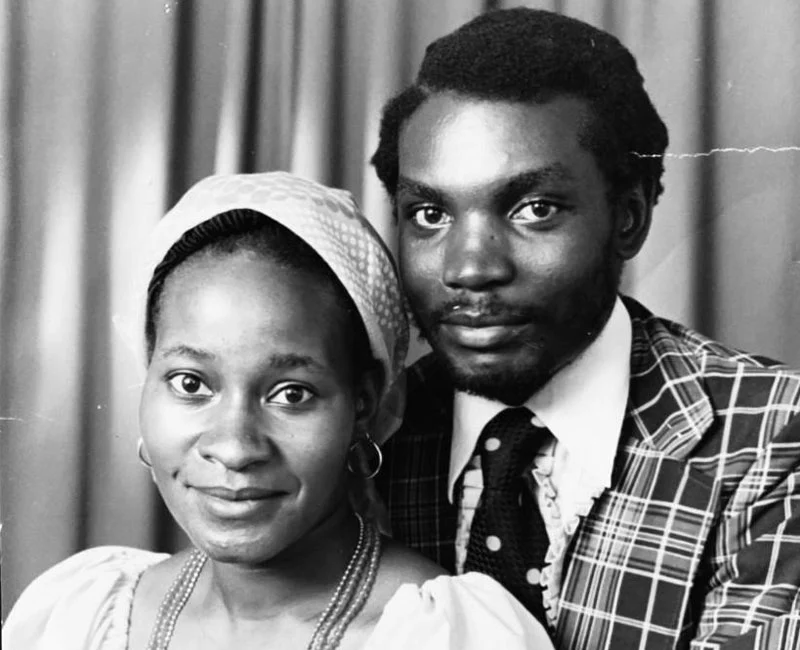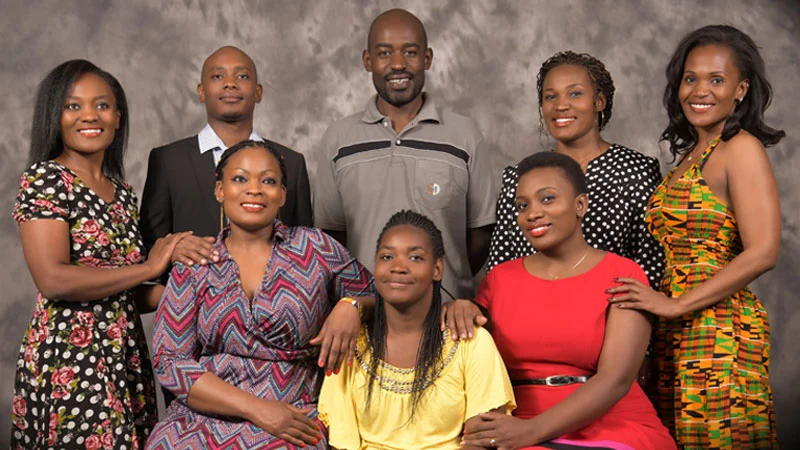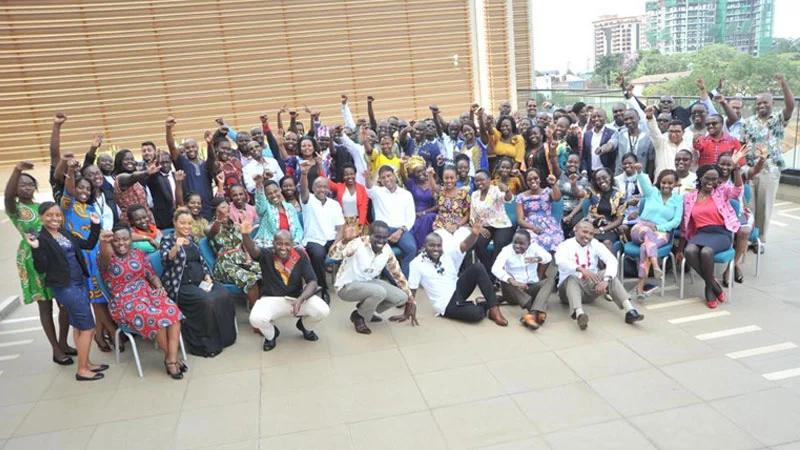At Novartis, we believe in gender equity. We continue to choose to challenge inequity, including through our public pledge with the Equal Pay International Coalition (EPIC) to achieve gender balance in management and further improve our pay equity and transparency processes by 2023.
This International Women’s Day, we want to celebrate our progress while continuing to challenge ourselves and others to strive for meaningful change. We asked employees to recognize role models who have challenged and inspired them to become who they are today. Racey Muchilwa, Head of Sub-Saharan Africa for Novartis, shares her story.

My mum taught me the value of being consistent and faithful to what you do. She was a teacher, initially in lower primary school (ages 5 to 9). After receiving further training, she taught upper primary school (ages 9 to 15). Teaching was a calling for my mother.
Her net income per month was about USD 20 in the 80s and 90s. Nevertheless, she always received her pay with a smile, full of gratitude. We were a family of ten, living in a village in Kenya. My dad, who ran a business, would often tell her, "Please, can you stop teaching and join me in the business because you are not earning much?" My mum always declined the offer, firmly saying, “These kids depend on me. I need to mold them to make a better life for them.”
At the end of the school day, she had this giggly kind of laughter, such pure joy because she loved her work. Years later, when my mother died, many of her former students came to her funeral because everybody felt like she had influenced them one way or another.

My mum gave birth to eight children, six girls and two boys, and initially there were whispers when the first four children were girls. People nudged my dad to have another wife to give him boys. I remember my dad telling the critics, “I have girls, and I need them. They can do just as much as boys.”
It was important to my parents that we all went to school, and it was a major source of pride for them when I attended university, as I was a role model for my siblings being the first-born. My mom was immensely proud as an educator, and my dad was ecstatic as a man who believed in empowering his girls.
My mother taught me many lessons through her actions. She treated everyone with respect. From her, I learned to treat everyone as a human being, period.
Racey Muchilwa
My mother taught me many lessons through her actions. She treated everyone with respect. From her, I learned to treat everyone as a human being, period.
I want equality and equity. That means coming up with creative solutions and providing opportunities, including for people living in underserved communities in rural areas. I come from one of these areas, endemic with malaria and sickle cell disease. Why should a child die of malaria within 24 hours of getting sick because the closest hospital is 100 kilometers away? Why should a child die before her second birthday because she could not access screening and diagnosis for sickle cell disease? These questions keep me awake at night as a mother and as the Head of Novartis Sub-Saharan Africa (SSA).

Healthcare should not only be for the employed or for people who can afford it. It is a basic need. I am proud that Novartis is collaborating with various stakeholders to strengthen healthcare systems and expand access to medicines. I tell my team, “When we are all older and we look back, we need to be proud of the legacy we have left. If we can’t say that we’ve made a difference to humanity, then we have failed.”
Our work in Sub-Saharan Africa spans 47 countries. My team is driven and ambitious, with a bold mandate to reach as many patients as possible and to run a sustainable business. Our goal is to double our patient reach in the next two years and quintuple it in the next five years. I feel a great sense of personal responsibility to help the team succeed.

My mum inspired some of my leadership traits. She was a woman of great faith and silent strength. She never gossiped, rarely complained and spoke up when someone was treated unfairly. I think of her often as I coach and lead my team – and as I raise my two boys. She always kept her word to us. I am sure that she thought, “These are my children, and I need them to believe in me. I may not have much, but I can deliver on my promises.”
Main image of Racey Muchilwa by Ayub Waweru Mwangi.
Racey Muchilwa, Head of Sub-Saharan Africa for Novartis, reflects on her mother’s calling as a teacher.



